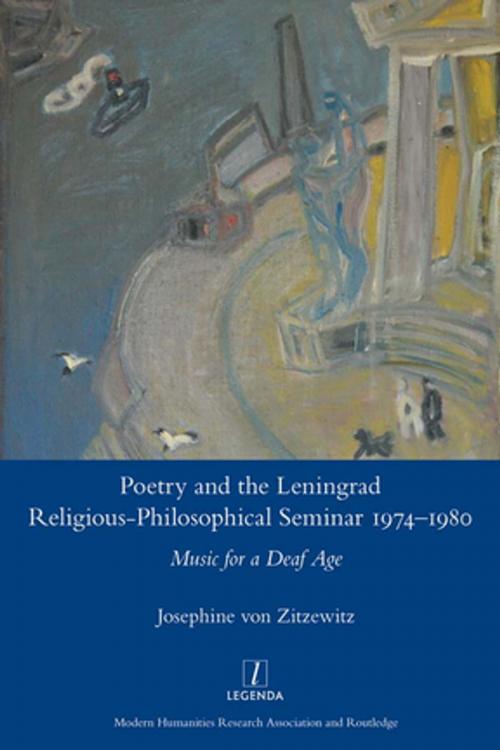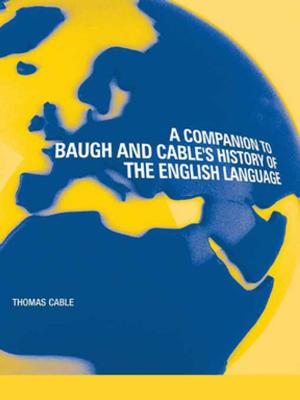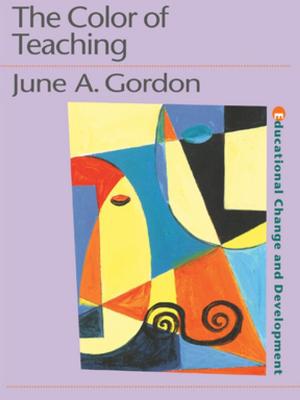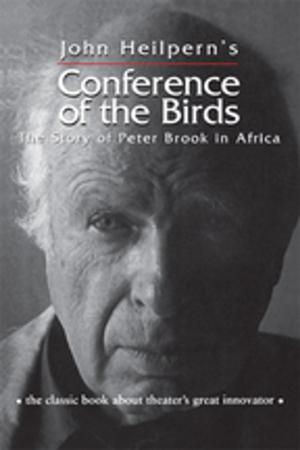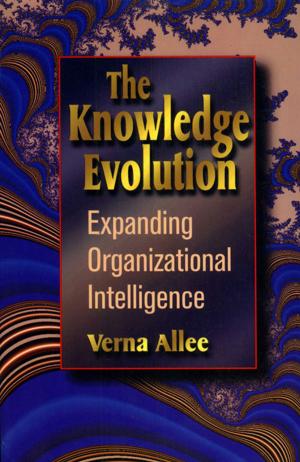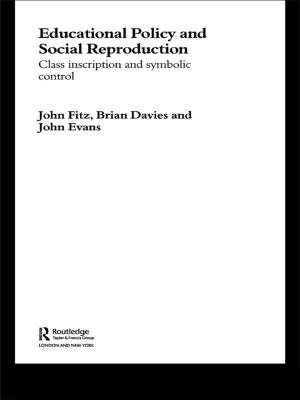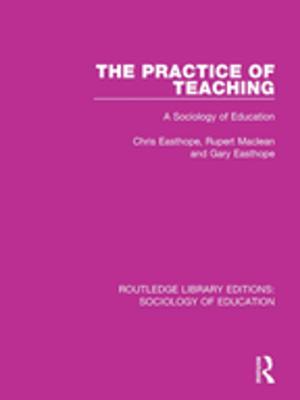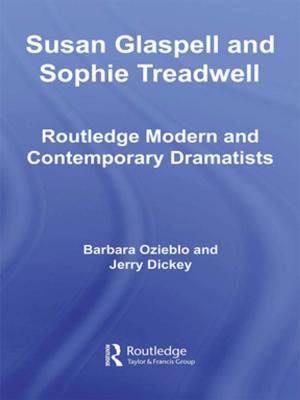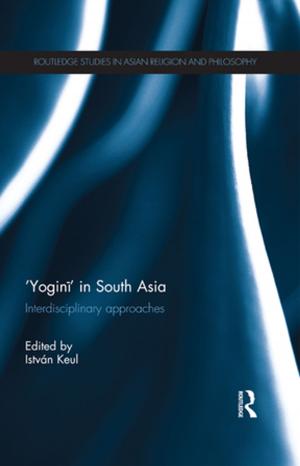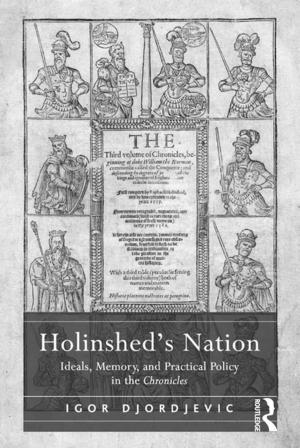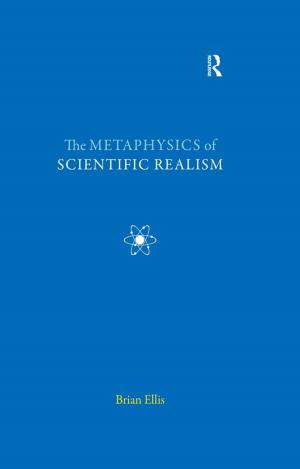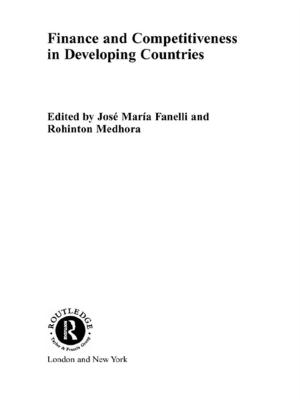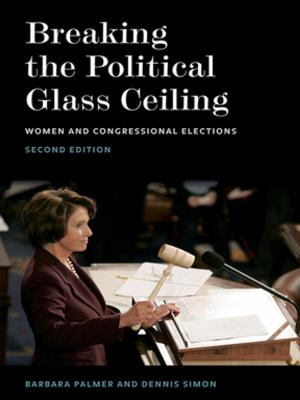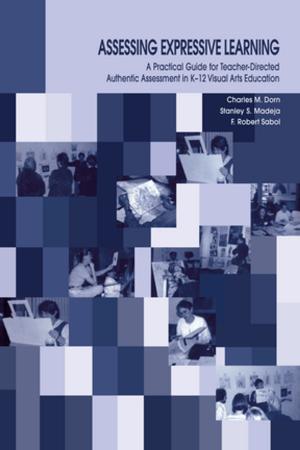Poetry and the Leningrad Religious-Philosophical Seminar 1974-1980
Music for a Deaf Age
Nonfiction, Reference & Language, Foreign Languages, Language Arts, Fiction & Literature, Literary Theory & Criticism| Author: | Josephine von Zitzewitz | ISBN: | 9781317198512 |
| Publisher: | Taylor and Francis | Publication: | May 12, 2016 |
| Imprint: | Routledge | Language: | English |
| Author: | Josephine von Zitzewitz |
| ISBN: | 9781317198512 |
| Publisher: | Taylor and Francis |
| Publication: | May 12, 2016 |
| Imprint: | Routledge |
| Language: | English |
The Religious-Philosophical Seminar, meeting in Leningrad between 1974-1980, was an underground study group where young intellectuals staged debates, read poetry and circulated their own typewritten journal, called ‘37’. The group and its journal offered a platform to poets who subsequently entered the canon of Russian verse, such as Viktor Krivulin (1944-2001) and Elena Shvarts (1948-2010).
Josephine von Zitzewitz’s new study focuses on the Seminar’s identification of culture and spirituality, which allowed Leningrad’s unofficial culture to tap into the spirit of Russian modernism, as can be seen in ‘37’. This book is thus a study of a major current in twentieth-century Russian poetry, and an enquiry into the intersection between literary and spiritual concerns. But it also presents case studies of five poets from a special generation: not only Krivulin and Shvarts, but also Sergei Stratanovskii (1944-), Oleg Okhapkin (1944-2008) and Aleksandr Mironov (1948-2010).
The Religious-Philosophical Seminar, meeting in Leningrad between 1974-1980, was an underground study group where young intellectuals staged debates, read poetry and circulated their own typewritten journal, called ‘37’. The group and its journal offered a platform to poets who subsequently entered the canon of Russian verse, such as Viktor Krivulin (1944-2001) and Elena Shvarts (1948-2010).
Josephine von Zitzewitz’s new study focuses on the Seminar’s identification of culture and spirituality, which allowed Leningrad’s unofficial culture to tap into the spirit of Russian modernism, as can be seen in ‘37’. This book is thus a study of a major current in twentieth-century Russian poetry, and an enquiry into the intersection between literary and spiritual concerns. But it also presents case studies of five poets from a special generation: not only Krivulin and Shvarts, but also Sergei Stratanovskii (1944-), Oleg Okhapkin (1944-2008) and Aleksandr Mironov (1948-2010).
